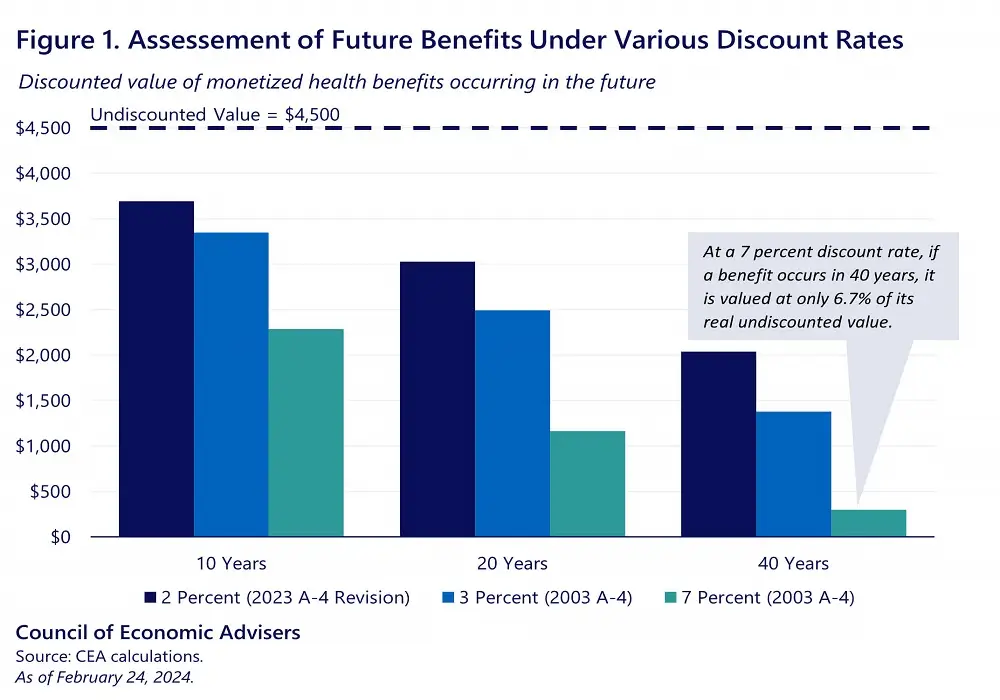In a significant turn of events for the restaurant industry, a prominent restaurant group has successfully secured a £2.5 million settlement with its insurance provider. This settlement marks a pivotal moment not only for the restaurant chain in question but also for the broader sector, underscoring the importance of insurance policies in business continuity, especially in challenging times.
The restaurant group, known for its diverse portfolio of dining establishments, faced considerable challenges over recent years. Factors such as market volatility, unpredictable revenue streams, and unprecedented disruptions like the global pandemic have all taken their toll on restaurant businesses across the globe. In this context, insurance claims have become a critical lifeline, providing businesses35900Restaurant Group Secures £2.5M Settlement with Insurer
In a significant development for the hospitality sector, a prominent restaurant group has successfully secured a £2.5 million settlement with its insurer, marking a substantial resolution to a potentially contentious issue. This settlement represents not only a financial boon for the group in question but also sets a pivotal precedent for other entities within the industry grappling with similar insurance claims.
You may read also:- What Lessons Can Entrepreneurs Learn from Arif Patel’s Career?
- Aviva to buy DLG for £3.7bn as takeover officially agreed
- MLP launches new fraud prediction model for personal lines market
- £3bn insurer deals blow to London stock market as it chooses New York for listing
- Munich Re-owned business appoints new UK chief executive
- Briefing: What New Year’s resolutions should UKGI be making for 2025?
- Insurers lose court battle with Sky over claim around damage to headquarters
Background
The restaurant industry, one of the hardest-hit sectors during the global events of recent years, has faced an array of challenges. From forced closures to reduced capacities, establishments worldwide have seen their operations severely disrupted. In response, many sought refuge through insurance claims aimed at covering business interruptions. However, the complexities involved in interpreting policy language have led to significant friction between insurers and policyholders.
The Group’s Struggle
The restaurant group at the center of this settlement, known for its widespread and diverse portfolio of dining establishments, embarked on a challenging journey, aiming to secure compensation for the losses incurred during pandemic-induced closures. The insurer initially disputed the group’s claims, citing policy limitations and exclusions relevant to pandemic-driven losses. This stance is one that has been mirrored across the insurance industry, leaving many businesses in precarious financial positions.
Negotiating a Resolution
Determined to achieve an equitable resolution, the restaurant group engaged in extensive negotiations with its insurer. These discussions required a comprehensive review of policy documents, detailed financial statements, and an in-depth analysis of government-imposed restrictions that impacted business operations. It was a lengthy and arduous process, demanding the expertise of legal and financial advisors who specialized in insurance disputes.
The settlement, reached after months of negotiations, provides a much-needed financial lifeline, allowing the restaurant group to stabilize its balance sheet and re-invest in its operations. The resolution also underscores the potential of negotiation and dialogue in achieving mutually beneficial outcomes, even in seemingly intractable situations.
Implications for the Hospitality Industry
The announcement of this settlement has sent ripples throughout the hospitality industry, serving as a beacon of hope for other businesses embroiled in similar disputes. It highlights the importance of persistence and meticulous documentation when challenging insurance claims. For many restaurant operators, the path to recovery involves not only adapting to new consumer behaviors and regulations but also effectively managing financial and legal challenges, such as those presented by contested insurance claims.
Additionally, this resolution may influence both insurers and policyholders to reconsider policy terms and conditions in future agreements. Insurers might begin to reassess the specific language of their policy documents, aiming to provide clearer definitions and exclusions for unprecedented events, thereby reducing the potential for litigation or disputes.
A Shifting Landscape
The hospitality sector continues to navigate an evolving landscape, where adaptability and innovation are key to survival and success. This settlement underscores the necessity of robust risk management strategies and the development of contingency plans that include the careful selection of insurance policies. As restaurant operators seek to build resilience, understanding the intricacies and limitations of their insurance coverage becomes increasingly crucial.
From an industry perspective, this settlement could herald a new phase in restaurant group-insurer relationships. It is anticipated that various stakeholders, including policyholders, insurers, brokers, and legal professionals, will closely examine the terms and precedent set by this case. This examination might pave the way for more collaborative and transparent discussions about risk sharing, policy terms, and future coverage possibilities.
Moving Forward
While the £2.5 million settlement represents a victory for the restaurant group, it also signals a new beginning, one where the group can focus on strategic growth and customer engagement. By securing this settlement, the group is better positioned to handle future uncertainties, cementing its commitment to providing exceptional dining experiences to its patrons.
In conclusion, the resolution of this insurance claim demonstrates the power of perseverance and negotiation in achieving favorable outcomes. It serves as a reminder to the restaurant industry of the vital importance of thorough preparation and negotiation skills in managing and mitigating business risks. The restaurant group’s success in this matter exemplifies the increasingly proactive approaches that businesses must adopt to navigate the complex and ever-changing economic environment.












